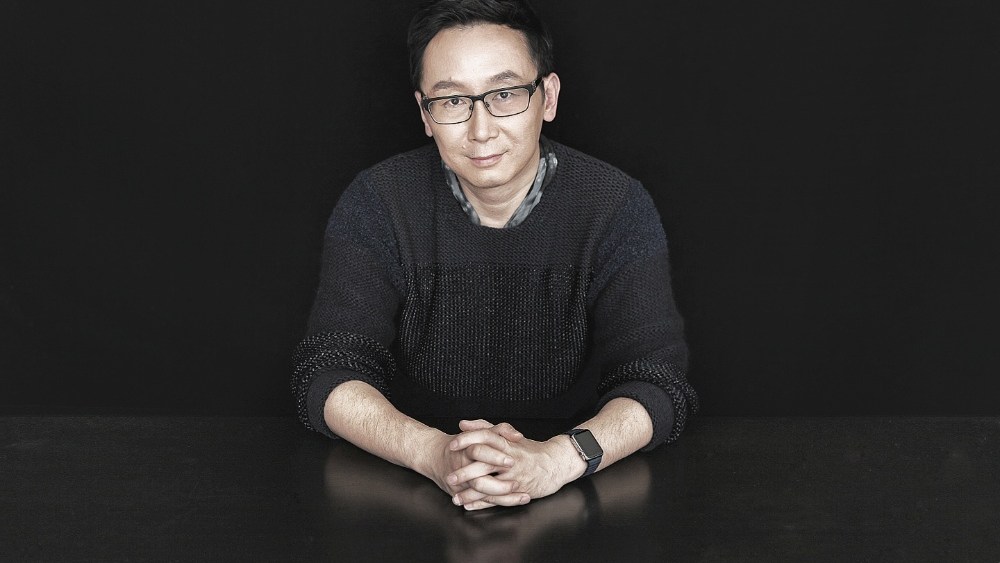Lu Chuan on U.S.-China Tensions, ‘Puffer Fish Girl’ and Wildlife Doc
Chinese filmmaker Lu Chuan is feeling the strain of deteriorating U.S.-China relations on his latest project, a cross-border custody drama titled “You Are My Daughter” based on the real-life case of Anna Mae He, a Chinese girl whose custody battle between her biological parents and white foster parents lasted seven years.
“In the beginning, that project goes very smoothly, but all of a sudden, you know, there’s a lot of conflicts between these two countries,” Lu Chuan tells Variety during the Cannes Film Festival, where he was promoting his wildlife documentary about the Tibetan Plateau. “You need all the connection between the two film industries, and cooperation. The situation is really hard now.”
The director of acclaimed films including “Mountain Patrol” (2004), “City of Life and Death” (2009), and “The Missing Gun” (2002), Lu Chuan has completed the script for “You Are My Daughter,” which follows two Chinese international students who have a baby in the U.S. but become embroiled in an eight-year lawsuit. The film is based on the book “Go Home” by Luo Qin, the mother who lived through the real custody battle.
“There’s a lawsuit between the Chinese family and the local American family. They’re fighting for the baby,” Lu Chuan explains. “I think there’s a lot of misunderstanding between people from two nations. We need to have more communication, more cultural exchange. The movies are the best way to help people understand each other.”
Despite the challenges, Lu Chuan remains committed to “You Are My Daughter” and is seeking an English-language writer to collaborate on an international version. He’s even turned to AI technology as a starting point, using Grok and ChatGPT to create a first draft English adaptation.
Beyond “You Are My Daughter,” Lu Chuan is developing “Puffer Fish Girl,” a crime drama that marks a return to his character-driven roots reminiscent of “Mountain Patrol.”
“It’s not a big sci-fi movie. It’s not an action movie,” he says of the project, which explores the relationship between a middle-aged man and a girl. “I’m trying to explore human nature and the relationship between man and woman.”
The filmmaker is also working on an international version of his 2023 sci-fi film “Bureau 749,” with plans to make it “more character driven” for global audiences after receiving feedback from international friends through private screenings.
“Sometimes it’s really hard for [international audiences] to understand a Chinese story,” Lu Chuan acknowledges. “I spent quite a long time to digest all the notes. I think most of them are fabulous, so I think it’s very necessary for me to polish the content.” The film is being sold by All Rights Entertainment.
Lu Chuan has also directed the iQIYI series “A Life For a Life,” adapted by Xiong Yuzhen from the novel by Shi Yifeng. The 1992-set series follows two mechanical repairmen detained on theft charges who become prime suspects in a gruesome dismemberment case at a machinery factory in Tiandu City. The story spans 20 years as survivors work to clear one suspect’s name and uncover the real culprit.
At Cannes, Lu Chuan was screening “Qinghai-Tibet Plateau Wildlife Park,” his wildlife documentary about scientists working to protect animals in the Tibetan Plateau’s Xining Wildlife Zoo – a two-year passion project that aligns with his environmental interests.
Looking ahead, the director reveals his desire to explore new genres, particularly horror films and road movies. He cites “Misery” and Stanley Kubrick’s “The Shining” as inspirations, noting that “Puffer Fish Girl” incorporates horror elements.
Lu Chuan is also developing a road movie script about a couple traveling to the woman’s hometown for a wedding ceremony, but the woman has lost her memory. The psychological thriller follows a doctor trying to help her recover her past, only to uncover disturbing secrets.
When asked about his filmmaking philosophy, Lu Chuan offers a surprisingly existential response rooted in childhood fears about mortality. “I should say the fear of death,” he says. “When I was maybe 13 or 14 years old, one day at midnight, I suddenly realized all people will die. I was so scared. The curiosity about the truth of life and death – this kind of thought is maybe the true motivation for me to explore in the journey of movies.”
This philosophical approach has guided his choice of projects, with Lu Chuan selecting stories he can personally relate to, including “Bureau 749,” which was inspired by his son’s wish to fly away from academic pressures.
“Unfortunately, most kids, the wings in their heart have been cut off when they grow up,” Lu Chuan reflects. “They become very practical, very realistic, thinking about money, living, food, and payment. I’m trying to encourage myself to still have the freedom to fly freely.”


